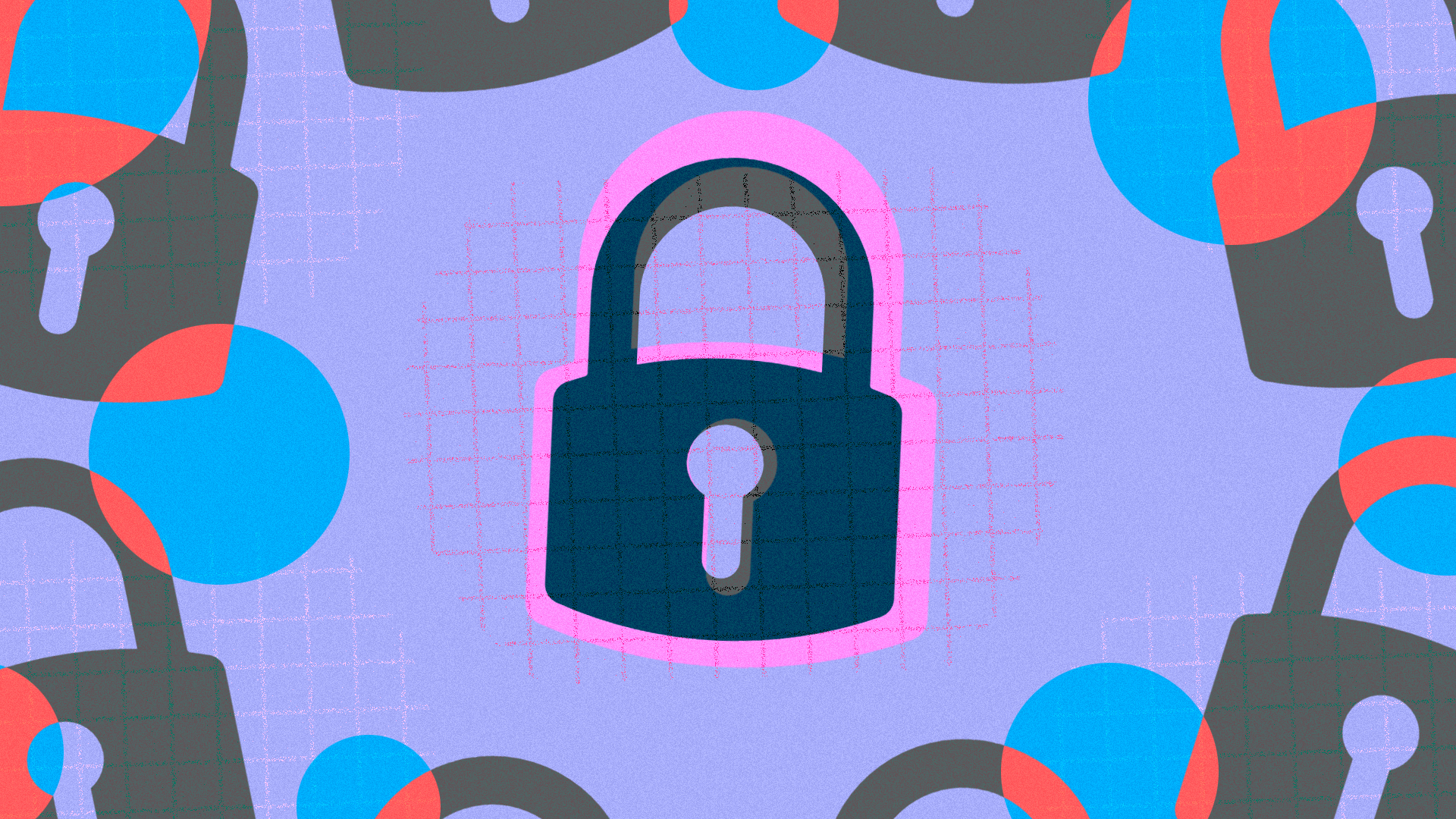A new research piece by services firm EY found that while young employees fully understand privacy breaches and potential threats, they largely aren’t fussed. Will businesses need to evolve their practices to cater to changing behaviours?
We’re all used to cybersecurity measures by now. You can’t browse the internet for more than a few minutes without being asked about cookies, data collection, privacy settings, and a whole bunch more.
Couple this with the large number of online accounts we’re expected to have across multiple different services and you’ve a perfect storm for digital burnout and apathy.
A new study by research firm EY has found that younger employees and Gen Z internet users are largely unfussed about their privacy settings online. Over 1,000 employees using devices provided by their employer were surveyed. Overall, Gen Zers were less likely to take their workplace safety policies seriously, showing a general lack of care compared to older peers.
This isn’t due to ignorance, however. 83% of participants said they knew and understood their employer security protocol.
How does this data translate to real world behaviour? According to EY, 58% of Gen Zers disregard security and IT updates on their work computers for as long as possible. By comparison, only 15% of baby boomers said they do the same.
In addition, roughly 30% of Gen Z said they reuse private passwords on business accounts. Less than a quarter of all Gen Xers and boomers admitted to recycling passwords in this way.
Just under half of all young people surveyed also said they were ‘likely to accept web browser cookies on their work-issued devices all the time of often’, compared to only 18% of boomers.
It’s a markable difference in attitude. Considering more Gen Zers are entering workforces each year, new measures and approaches need to be introduced in order to shake the overwhelming apathy of younger tech users. EY notes that most ‘cyber incidents trace back to a single individual’, emphasising the important for all employees to be aware of their data and to protect company activity.




















